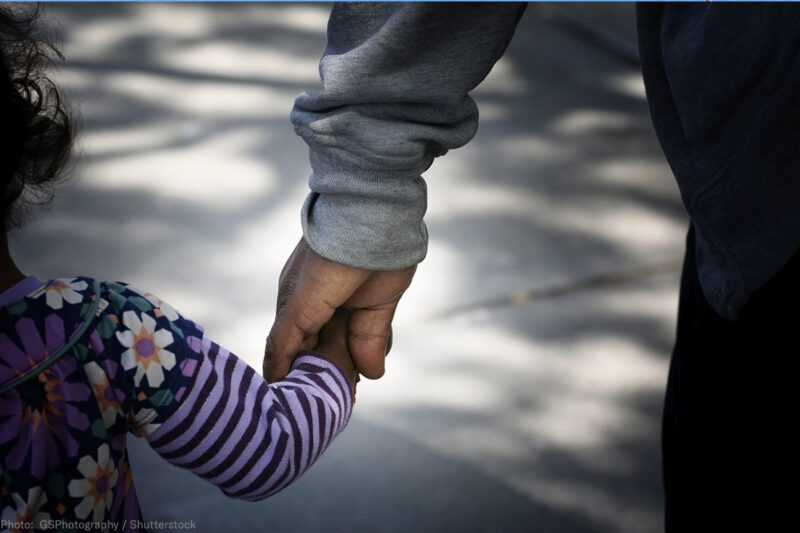
When Time Warner turned me down for fair parental leave, I was worried for my family. I was caring for my sick wife, premature baby girl, and two boys. I had gone to human resources months earlier, explaining that the policies at CNN, where I worked, allowed anyone 10 paid weeks with a new child ÔÇö except a biological father after his wife gave birth. I had expected the company to simply fix it. Instead, after my daughter was born, they said no.
I launched a , filing a charge with the Equal Employment Opportunity Commission. Although I was navigating uncertain terrain, previous victories won by civil rights advocates such as the └¤░─├┼┐¬¢▒¢ß╣¹ demonstrated that justice for new fathers was attainable. Support for my case came flooding in from all over the country and around the world. ThatÔÇÖs when I came to understand why my case was such a touchpoint: As long as workplaces push women to always be caregivers and men to stay at work, women will never have equal opportunities in the workplace.
The forces that make it tougher for women at work also make it tougher for men to have equal opportunities at home. As Sheryl Sandberg says in my book about this,,ÔÇØ women canÔÇÖt ÔÇ£lean inÔÇØ until men and women can be all in at home. (Ultimately, my employer changed its policy, making it much better.)
After my case, more men started launching of their own. The Center for WorkLife Law saw a from dads. Male caregivers now file of discrimination cases that involve childcare. The EEOC announced a against Estee Lauder, noting that equal benefits for equal work ÔÇ£applies to men as well as women.ÔÇØ
My attorney has taken on these issues in collaboration with the └¤░─├┼┐¬¢▒¢ß╣¹, which has pointed out that true family leave must be inclusive of fathers. "The Supreme Court has made clear that employers can't treat men and women differently when providing paid leave, other than giving birth mothers six to eight additional weeks of leave as disability-related recovery time,ÔÇØ he says. ÔÇ£Employers who ignore this rule can face huge liabilities. We stand ready to go to court so that fathers and mothers get the paid leave and equality they deserve."
I left CNN after my book came out because opportunities opened up to work with businesses and organizations all over the world on these issues. I show them that, done right, paternity leave even . ItÔÇÖs been great to see many major corporations revolutionize their policies.
Unfortunately, thereÔÇÖs still a long way to go. As the Society for Human Resources Management , ÔÇ£The average amount of parental and caregiving leave that U.S. employers offer has not changed significantly since 2012.ÔÇØ Only , and 58 percent of women, get any replacement pay for leave after having a child. (Though for women, itÔÇÖs often pay for physical recovery after giving birth.) Even many employers that are supposed to follow FMLA rules are failing to provide the required unpaid paternity leave, SHRM found.
And when paternity leave is available, many men arenÔÇÖt really free to take it. In a by Promundo and Dove Men+Care (with which I partner) 73 percent of dads said thereÔÇÖs little workplace support for fathers. Many fear negative consequences if they take the full paternity leave offered. Twenty-one percent even fear theyÔÇÖll be fired. Sadly, that has .
ItÔÇÖs time for us all to start thinking of these stigmas as a bully, and stand up to them. By advancing our laws, corporate policies, and cultures, we can bring real change to our workplaces. Sometimes, that means advocating for our rights through legal battles.
Together, we can make Mad Men-era thinking about women ÔÇö and men ÔÇö a thing of the past.

